JusMin Gorghiu: The online environment is loosely regulated, Internet surfing can become dangerous
The online environment is "loosely" regulated, and surfing the Internet can sometimes become dangerous, Justice Minister Alina Gorghiu said on Wednesday, adding that that it is quite difficult for a child to differentiate between an online page that provides correct information with an educational component and one that asks for contact details, that accesses locations, that displays inappropriate content or unverified information.
She participated in a debate for the release of the Internet Safety Guide, hosted by the Gheorghe Lazar Collegiate High School.
"Your generation is highly exposed to misinformation, it is very vulnerable to fake news, to manipulation through advertising, to aggressive marketing campaigns. Today ,we are not talking about the advantages of the Internet, I want to talk to you about the things that are a problem, less healthy for you. (...) I want you to look at misinformation and fake news online as really dangerous things when it comes to health, safety, when it comes to your life choices that you consider very important," Gorghiu told the students.
According to her, the Ministry of Justice is aware of several phenomena that appear on the Internet with a negative impact on the personal development of children, including hate speech, cyberbullying or the purchase of psychoactive substances, and urged students to report such cases to the authorities.
"We have a law; we have a text for hate speech in the legislation. In short, it represents incitement to hatred, violence, discrimination. I held an event at the Romanian Senate on Roma Day and I received some comments. I will try to reproduce one from memory - 'Rather than see them at events in the Senate, I'd rather set fire to the building so that they all die'. This is the kind of message inciting hatred towards a certain category, towards a certain minority, towards certain people that have certain traits. This kind of comment is a textbook example that is divisive, offensive that most of us don't report it. I really want, after my discussion with you today, when you see a comment that you feel negative about the personal traits different from others, report them, report that comment as discriminatory."
Gorghiu added that cyberbullying is "another scourge" that happens online. "Constantly threatening, for example, a schoolmate or classmate with posting on the Internet a compromising video in front of friends or posting compromising pictures of a schoolmate (...) - uploading pictures of your mates in embarrassing poses are a damaging thing. That's not how you become cool, that's not how you become popular in school, but that's how you become susceptible to a criminal case."
A third issue managed by the Ministry of Justice regards the online purchase of psychoactive substances and drugs. "The darknet is a term you are probably familiar with, you probably have browsed these pages at some point and you probably know classmates who end up on the darknet quite often. Ordering drugs online is still a crime, you don't have to go to the corner of the street, you can buy them from the dealer, you can get them safely on the net, we try to monitor these sites, we try to be careful from the point of view of the government, but they exist," said Gorghiu.
According to her, online violence must be prevented, and the Romanian government has developed a law that refers to the extension of the protection order to include cyber-crimes.
"We have managed to draft a law that refers to the extension of the protection order, because so far in Romania there has been only the protection order for domestic violence. This type of family violence is regulated and you benefit from a protection order issued by the Police or the court when there are acts of violence. But violence does not exist only at home, violence exists outside home and it is violence of any kind and not only in the streets, such violence manifests itself very - very strongly in the online environment. The law has cleared the Senate; it will reach the Chamber of Deputies. The protection order extends to any kind of member of the society, you don't have to be a family member, and for any type of crime, including those in the online environment in order to feel protected," said Gorghiu.
In her turn, Education Minister Ligia Deca said that the students spending a long time in front of the computer also implies compliance with some rules of conduct, and the role of the Ministry of Education is to teach these behaviours in the digital social media.
"Once you spend between six and eight hours a day, according to the Save the Children study, online, in fact you live online. (...) That means that all the protections and all the rules of conduct we have in social relations between us we carry over online. If you don't swear at someone face to face, you're not allowed to swear online either. If you don't relate to someone's physical, psychological, etc. traits when you chat in a group of friends, you don't not even do it online. You don't dress inappropriately when walking down the street, so don't post a picture of yourself inappropriately dressed online either, it has not been a private space for a long time. (...) Any online interaction has psychological and emotional repercussions," said Deca.
She informed that 100,000 teachers are to be trained to increase the level of digital skills to be included in the preparation and facilitation of online safety.
"After an initial assessment is made, let's try, depending on the existing level of skills, to increase some teachers so that they can become real guides in what it means to surf the Internet and, moreover, become the ones who improve this guide for the safe use of the Internet (...) Once we manage to combine public resources with what NGOs have been doing for a long time, with what the private sector has been doing for a long time, with what families are doing or maybe the religious denominations (...), let's do moreof thatg together."
Also present at the debate, Family Minister Natalia Intotero mentioned the need for correct information and the development of public policies for young people, adapted to what they want. She highlighted the role of parents, showing that they should make more time for their children, regardless of age, to be closer to teachers, and for the triangle school - family - authorities, society to function perfectly.
"In a digital age where only 46% of young Romanians report basic digital skills, the responsibility to educate and protect the next generation in the online environment has never been greater. This guide responds to this urgent need, making sure that all children are prepared and protected against the digital challenges of the 21st century. Informed and safe surfing of the Internet is essential in the cognitive and social development of young people. Furthermore, in a continuously digitising world, the ability to distinguish and protect oneself of potential online dangers becomes a fundamental skill for every individual. We hope that this guide will become an essential resource in all classrooms in Romania 's schools and help students and teachers alike," said Gabriela Alexandrescu, executive chair of the Save the Children Romania Organisation.
According to a research carried out by the Save the Children organisation, between 66% and 84% of Romanian children posted content online in the last year, and the fewest were those who did so on social media (66%), followed by those who posted in an online game (69%), in private messaging (81%) and in a group or forum (84%).
The study shows that the greatest risk of transmitting personal information is through private messaging, where girls said they did so to a significantly higher extent than boys (86% vs 72%). Worryingly, 41% of those who say they have been solicited images of sexual content online say the person who did it was an adult: 20% of girls say that as against 7% of boys.
AGERPRES




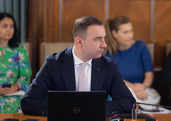
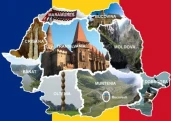


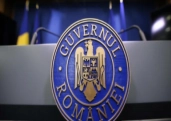
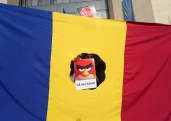
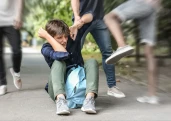



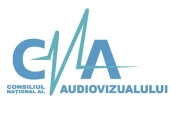

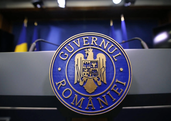



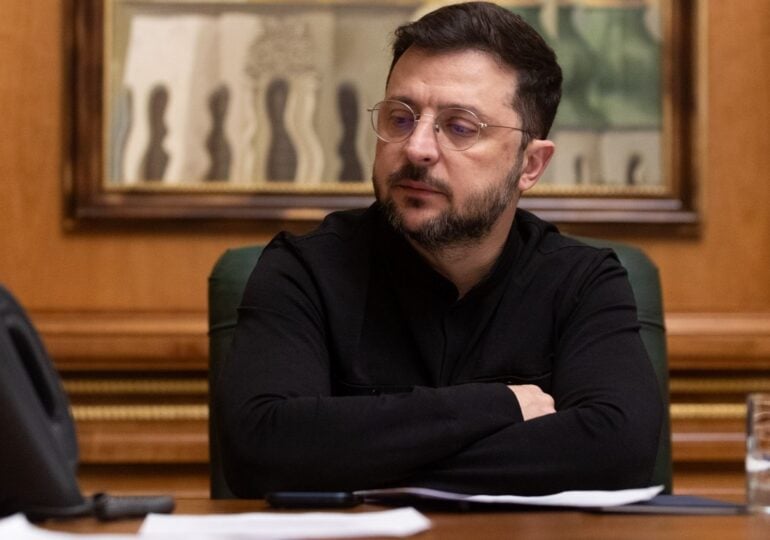

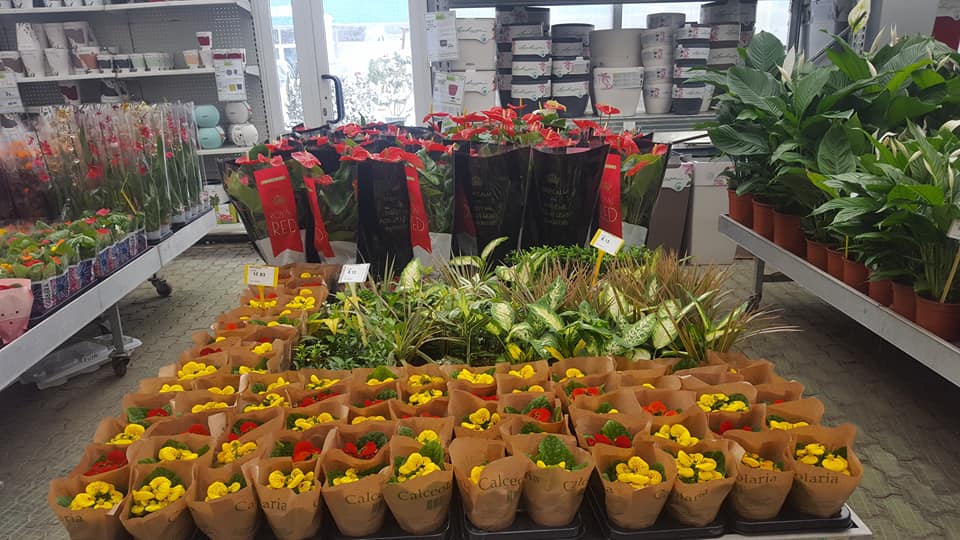








Comentează